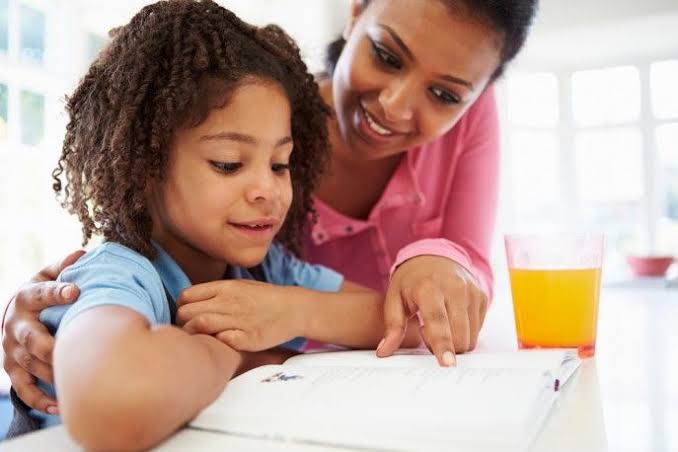As the Coronavirus pandemic continues to ravage the world, including Nigeria and schools are forced to remain closed, parents and school children are adjusting to the reality of e-learning.
While teenager and undergraduates may be familiar with online learning, parents, teachers of nursery and primary school kids are trying to cope.
Advertisement
Most standard private nursery and primary schools in Abuja, Lagos and other cities have continued lessons online and parents are required to download Zoom app, Whatsapp and other video conferencing apps to assist in having effective online classes.
Glory Charles, a mother of two who spoke to THE WHISTLER on Wednesday, said coping with e-learning for her kids was a lot of stress.
According to her, every morning she has to makes her two kids(a boy and a girl) join a classroom that is aired on DSTv channel.
“Sometimes the program for their ages and class comes up when probably I needed to rest or have my time. But i will have to let go,” she said, adding that as their mother, she was forced to learn with the kids.
Advertisement
“It’s just like watching cartoon with them so that you enlighten them more on what they see and hear,” she said.
However she complained that the flip side of the e-learning is that it runs too fast for the kids and they have to rush over writing, listening, and at the same time viewing the screen, so as to catch up.
“My daughter however says it’s very frustrating for them because most time she doesn’t’t get to take down what was said, before the interactive board clears off.
“Although she says she is use to it because that’s what her teacher in school normally does.”
Another parent, Mrs Vivian Okafor, said her son was having hard time adapting to the new way of learning.
Advertisement
“ Charles doesn’t like it one bit, so I have to tell him to just view and listen then I will brush him up later.
“I discovered If I tell him not to write but just listen, he understand more and faster and will even be giving out correct answers before It’s written on the board,” she explained.
She however said she has to log in for the lesson when she sees he has played enough “so that I get his full concentration.”
Mrs Amina Suleiman, whose four year old daughter attends Multiflex Academy in Lifecamp, said she has found the experience rewarding for her and her daughter.
“It’s really very good. My girl plays a lot and the e-learning has made her to have to recall what she has been learning in school and keep her busy temporarily,
“Today, the school used whatsapp video conferencing to conduct exam for the pupils. She could see the other pupils in her class and the teacher on the screen. The literacy and numeracy exams were conducted and she wrote them down and we just had to snap it and send to her class teacher,” she stated.
Advertisement
However, she said poor network was the only challenge she has faced.
Meanwhile a private school teacher in Abuja, Miss Juliana Raymond, said e- learning is not new to the educational system especially for schools that use either British or American curriculums.
According to her, the teachers in her school are trained on how to use different platforms the administration sees fit to aid learning process, especially during long breaks or in times of pandemics like this.
She however admitted it could be slightly difficult to adapt if it wasn’t adopted into the school structure.
“It can be difficult, especially for the early years foundation stage ( EYFS ) because the children are young and most of their learning have to be audio-visual and kinesthetic.”
She also highlighted some limitations the teachers encounter during this period , and these include poor technical know-how on the part of the teachers, data visuals, feedback, ability to get the parents involved and the short attention span of the kids.
“Although it functions effectively in schools that have done good planning and are well structured, I think the entire idea is good and relevant especially in time of crisis to ensure there is no gap or regression in the children’s learning process.”



